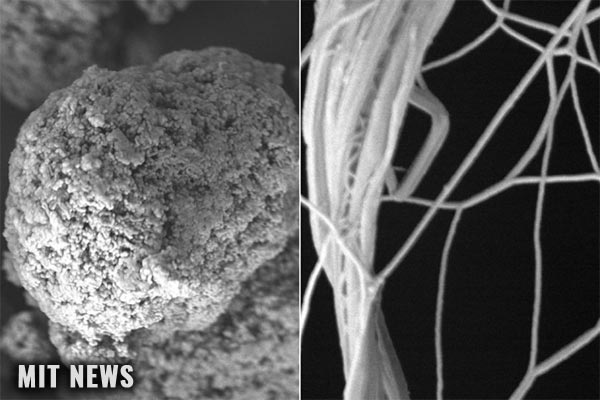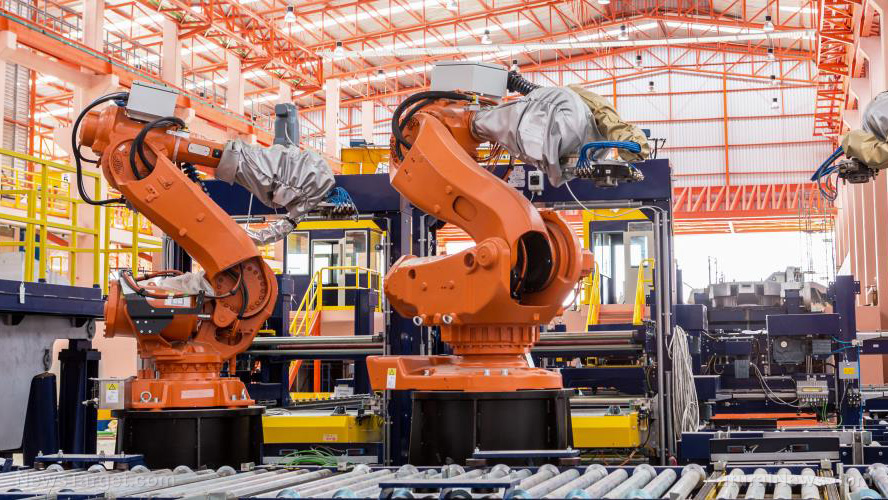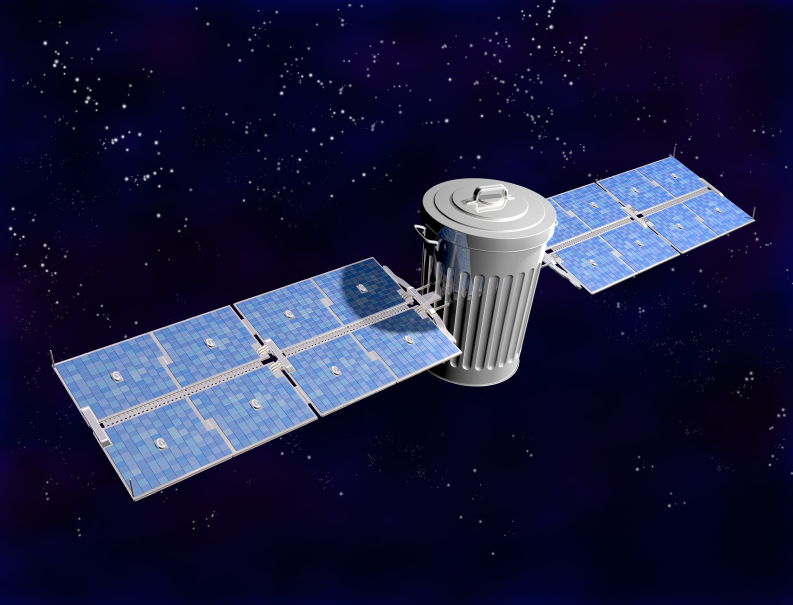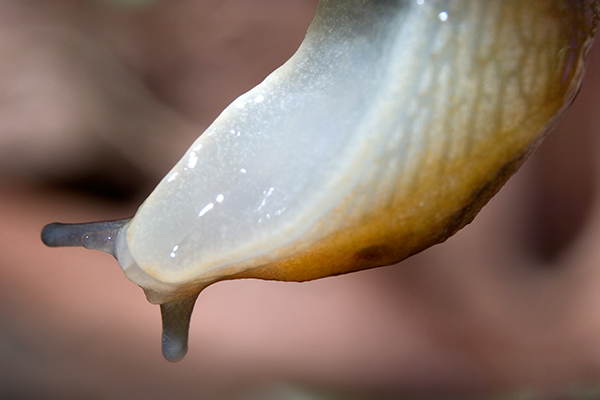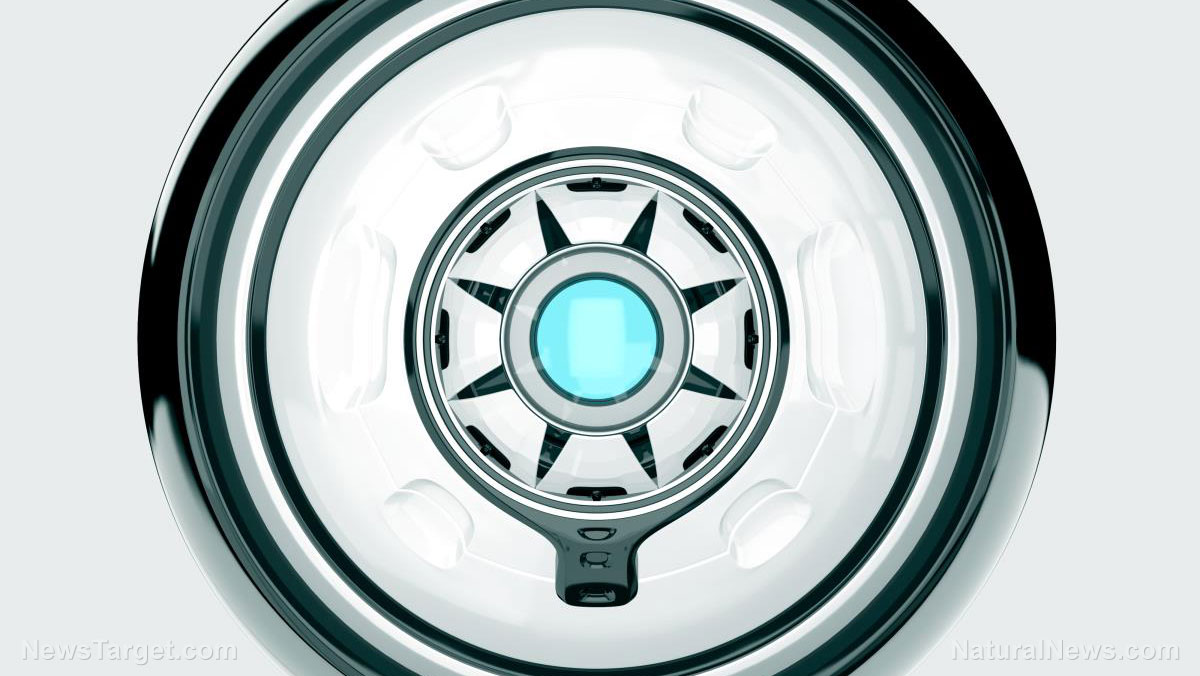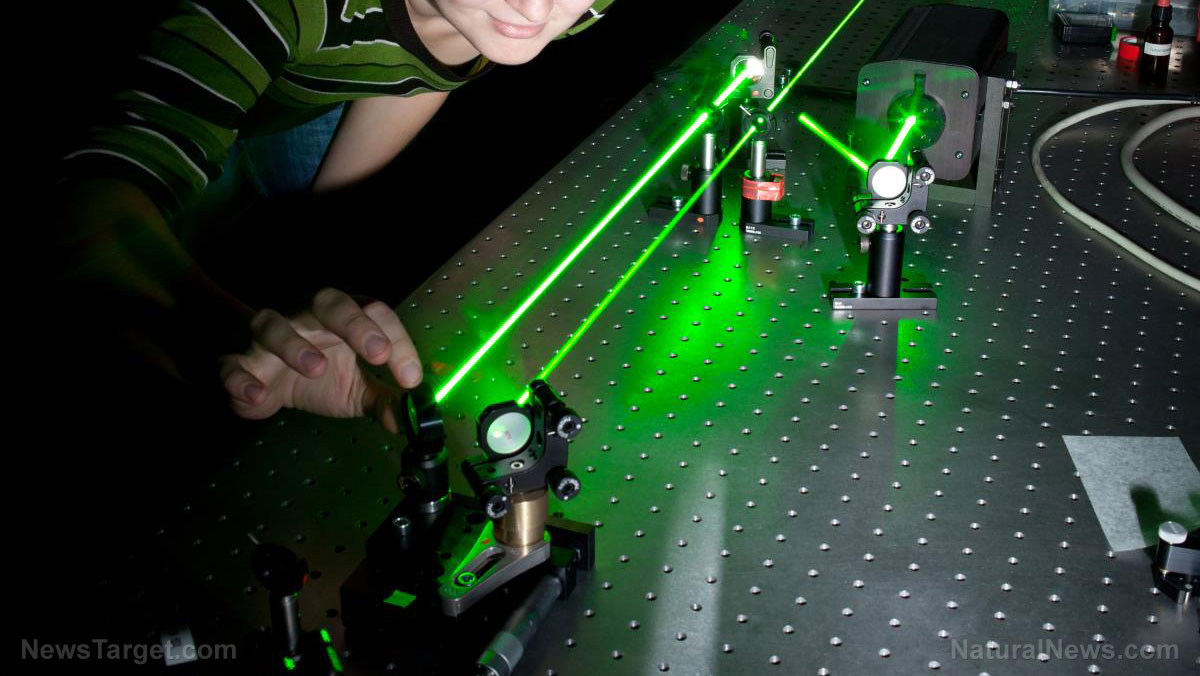You’ve got bots in your teeth: Researchers develop micro-robots that can get rid of dental plaque
10/17/2019 / By Vicki Batts
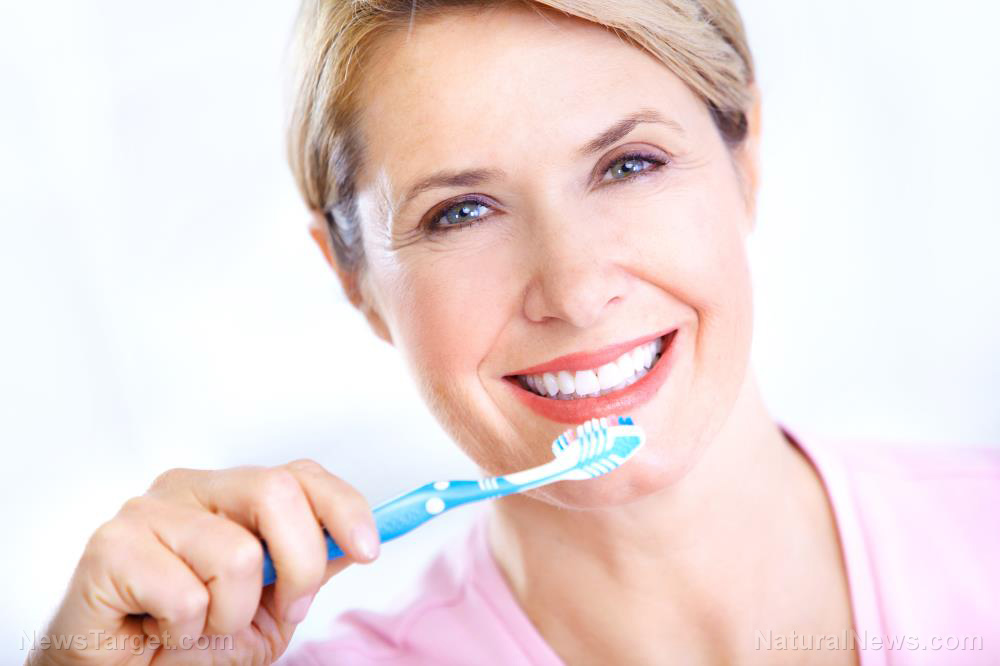
If you’re tired of having to brush your teeth, tire no more: A team of researchers from the University of Pennsylvania teamed up to create an army of teeth-cleaning micro-robots. Robotics and A.I. are completely transforming the healthcare landscape — spanning from dental care to cancer-killing nanobots.
Engineers, dentists and biologists worked together on the dental cleaning micro-robot project. And according to the team, their findings suggest that these little bots are better and more efficient at removing dental biofilm and killing bacteria than current treatment modalities. While having an army of tiny robots in your mouth might sound a little weird, apparently it is actually quite effective. Really, anything has to be better than fluoride.
Micro-robots in your mouth?
Study leaders Hyun (Michel) Koo of the School of Dental Medicine and Edward Steager of the School of Engineering and Applied Science recently published their microbot research in the journal Science Robotics.
Speaking about the research, Koo stated, “This was a truly synergistic and multidisciplinary interaction. We’re leveraging the expertise of microbiologists and clinician-scientists as well as engineers to design the best microbial eradication system possible. This is important to other biomedical fields facing drug-resistant biofilms as we approach a post-antibiotic era.”
Steager adds that treating biofilms can be an arduous process for both the patient and the professional. “We hope to improve treatment options as well as reduce the difficulty of care,” he explains.
Biofilms are notoriously difficult to remove. As a press release from Science Daily explains, the “sticky matrix” that holds the bacteria together also protects the biofilm against antimicrobial agents.
As Koo explains, current treatment modalities are limited by their inability to multi-task.
Existing treatments for biofilms are ineffective because they are incapabale of simultaneously degrading the protective matrix, killing the embedded bacteria, and physically removing the biodegraded products. These robots can do all three at once very effectively, leaving no trace of biofilm whatsoever,” Koo says.
The team tested two types of catalytic antimicrobial robots, which they call “CARs.” And in their study, the researchers found both types were equally effective at obliterating the sticky matrix, killing bacteria and removing the debris. After testing the CARs on glass surfaces, they tested them out on the hard-to-reach areas of the human tooth — and they were pleasantly surprised.
The CARs were able to clean not only all the surfaces of the tooth, but also the isthmus — a narrow area between root canals where biofilm loves to form.
Better than fluoride
The idea of teeth-cleaning robots may sound odd, but it sure beats fluoride. While the dental care product industry has managed to convince the masses that fluoride is essential for dental health, the truth is that fluoride is a dangerous neurotoxin. Studies show that fluoride actually does very little to prevent or treat cavities and tooth decay — and exposure to fluoride is linked to a myriad of ill effects, including learning disabilities, birth defects, internal organ problems and osteoporosis.
Consuming fluoride is highly dangerous, and it should be banned from public water supplies as well as dental care products. The fluoride used by industries and municipalities is a leftover byproduct from the chemical fertilizer industry — it is not an essential nutrient, and in fact, is basically the polar opposite of a vitamin or mineral.
Even if you’re not interested in teeth-cleaning microbots, there are plenty of natural dental care options available on the market today. Charcoal toothpastes and tooth scrubs, sea salt pastes, and coconut oil pulling are all excellent options for holistic, fluoride-free dental care. And don’t forget the fluoride-free floss!
Learn more about natural dental care at HolisticDentistry.news.
Sources for this article include:
Tagged Under: AI, artifical intelligence, cool tech, dental care, dental health, future tech, Holistic Dentistry, innovation, inventions, machine learning, medical tech, microbots, nanobots, oral care, plaque, robotics, robots, teeth
RECENT NEWS & ARTICLES
COPYRIGHT © 2017 FUTURETECH.NEWS
All content posted on this site is protected under Free Speech. FutureTech.news is not responsible for content written by contributing authors. The information on this site is provided for educational and entertainment purposes only. It is not intended as a substitute for professional advice of any kind. FutureTech.news assumes no responsibility for the use or misuse of this material. All trademarks, registered trademarks and service marks mentioned on this site are the property of their respective owners.



